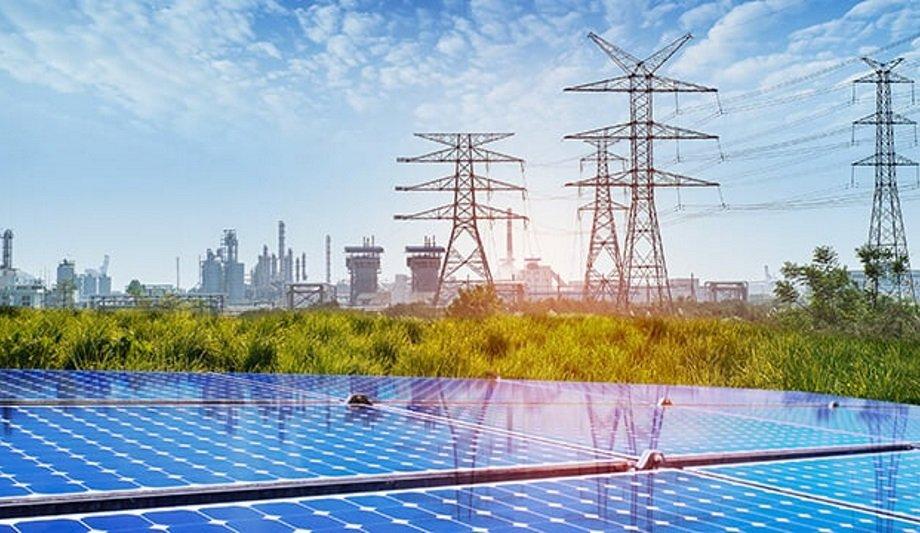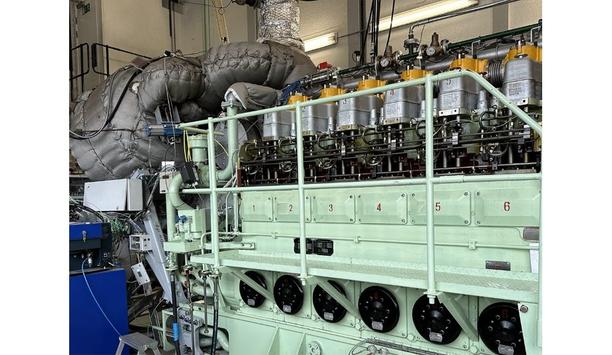Malta Inc., a pioneer in long duration energy storage (LDES), announces that its German subsidiary was awarded a grant to support a €9-million effort to accelerate the German energy transition.
Malta Hochtemperatur Wärmepumpen Stromspeicher GmbH, Deutsches Zentrum für Luft- und Raumfahrt (DLR), Alfa Laval, and Siemens Energy were awarded funding by the German Federal Ministry for Economic Affairs and Climate Protection (BMWK) to support Germany’s efforts to achieve Paris Agreement climate targets and to be climate-neutral by 2045. Germany needs to electrify its heating sector and to ensure that expanded renewable power generation is available on-demand and around-the-clock.
Current energy workforce
The grant will fund a technoeconomic analysis of the potential for Malta’s LDES technology to help decarbonise both electricity and heat generation in Germany. It will also support the expansion of DLR’s test facility for thermal energy storage in molten salts (TESIS) to validate an innovative, Alfa Laval-built heat exchanger.
This important work will identify how best to meet Germany’s decarbonisation goals"
“We are honoured to partner with the German government and its leading national laboratory, the DLR, to explore how Malta’s technology can accelerate the transition off natural gas,” said Ramya Swaminathan, CEO of Malta. “This important work will identify how best to meet Germany’s decarbonisation goals, create jobs in German turbomachinery manufacturing, and deliver a just transition by creating clean energy construction and operations jobs for the nation’s current energy workforce.”
Heat and power applications
Sigmund Brielmaier, Head of LDES at Siemens Energy, states: “Besides being the turbomachinery supplier for Malta’s technology, we are keen to contribute with our expertise to this project that enables the energy transition. LDES is a key to decarbonise the energy system and this project offers a great opportunity to explore new ways of decarbonised combined heat and power applications.”
Prof. Dr. André Thess, Director of the Institute of Engineering Thermodynamics at DLR, said: "As a globally leading research institution in the field of molten salt technology the DLR-Institute of Engineering Thermodynamics will be happy to contribute to the successful development of this important large-scale long-duration storage technology.”
More sustainable future
Energy storage is pivotal when driving the shift towards renewable energy sources"
Alasdair Maciver, Head of Energy Storage Solutions at Alfa Laval comments: "Energy storage is pivotal when driving the shift towards renewable energy sources. We are very pleased that our pioneering and highly efficient heat exchanger technology, tailored for Malta's energy storage process, will be running in actual operational settings. It is a milestone in the pathway towards competitive, long-term energy storage and the transformation of the European energy market into a more sustainable future.”
Malta’s innovative pumped-thermal energy storage (PTES) plant is a like-for-like replacement for fossil-fueled power plants. It generates 100-MW of clean power and 70-MW of clean heat, but it uses an industrial grade heat pump to replace the carbon emissions and volatile price of fossil fuels with zero-emissions, lowest-cost-available renewable energy.
Wasting surplus generation
The heat pump converts the electricity to thermal energy, which can be stored for hours to days. When needed, a heat engine reconverts the thermal energy into clean power and heat, returning more than 90% of the original energy to the grid with little-to-no degradation over its 30+ year lifespan.
The heat pump converts the electricity to thermal energy, which can be stored for hours to days
As an LDES asset, Malta’s technology allows utilities to reliably deploy vastly more wind and solar power without the risks of unavailability or wasting surplus generation. As a clean power plant, it delivers the same grid resilience and reliability services that fossil-fueled plants do but wind and solar do not. With among the best-available round-trip efficiencies, lowest system degradation, and longest plant life, Malta’s clean power and heat plant allows customers to make up lost ground on decarbonisation goals.
Long duration storage systems
In close collaboration with DLR’s Institute of Engineering Thermodynamics, led by Prof. Dr. André Thess, the partners will collaborate on analyses of:
- Use cases for long-duration energy storage in the electricity grid, including grid services, and heat grids;
- Suitable market mechanisms for long duration storage systems;
- Identification of sites for potential deployment; and
- Validation of an innovative Alfa Laval heat exchanger at DLR’s TESIS, the facility for high-temperature, molten-salt, thermal storage technology.













